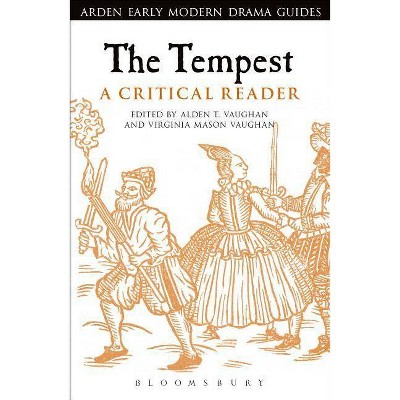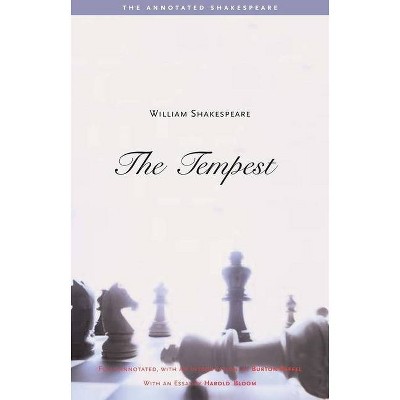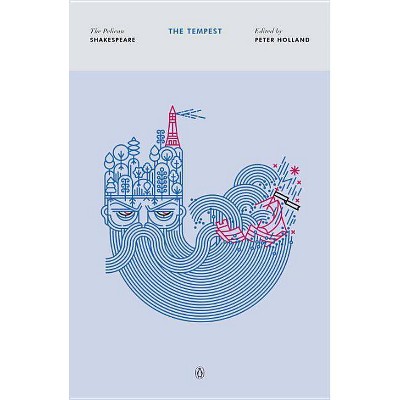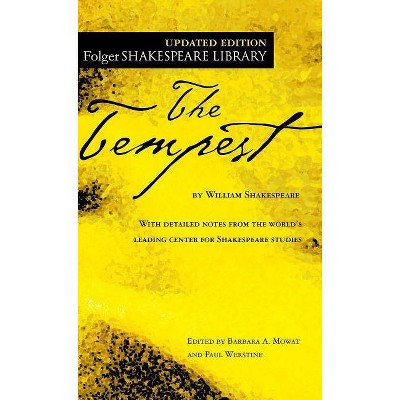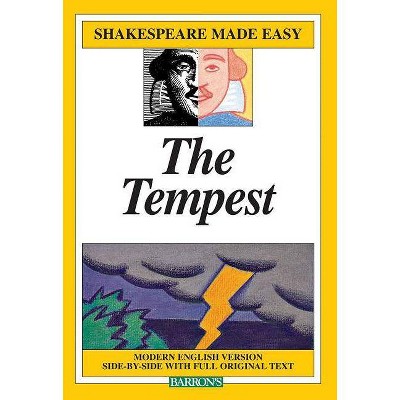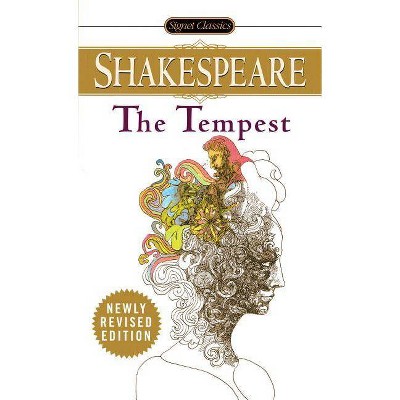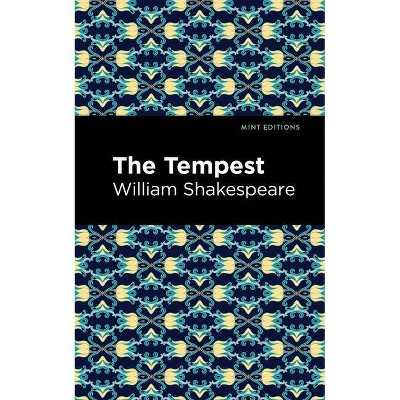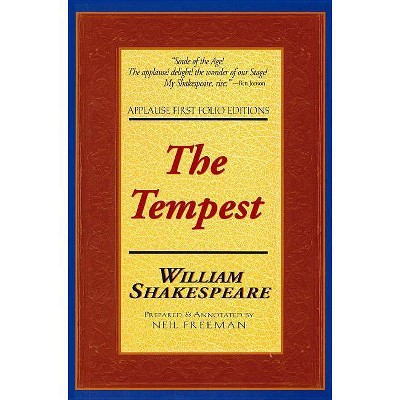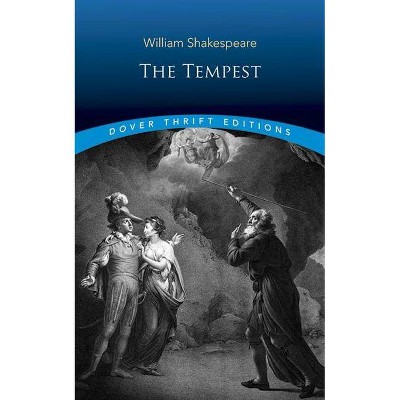The Tempest - (Shakespeare in Performance) by Virginia Vaughan (Paperback)
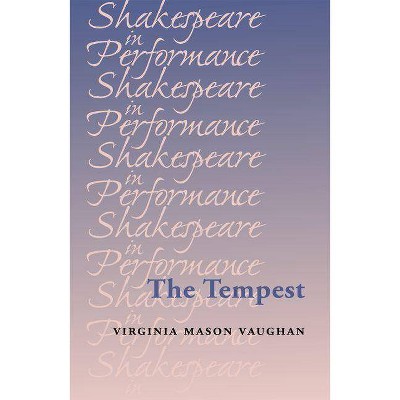
Similar Products
Products of same category from the store
AllProduct info
<p/><br></br><p><b> About the Book </b></p></br></br>'The Tempest' Shakespeare in Performance situates the play's 400-year performance history within ever-changing cultural contexts, and supplements historical analysis of particular productions with information about contemporary appropriations and adaptations.<p/><br></br><p><b> Book Synopsis </b></p></br></br>The Tempest - the last play Shakespeare wrote without a collaborator and the first included in the 1623 First Folio - occupies a unique place in cultural history. Probably no play of Shakespeare's has been so subject to appropriations and adaptations, many of which have had a tremendous impact upon the play's subsequent performance history. From John Dryden and William Davenant's Restoration adaptation to Julie Taymor's 2010 film version, The Tempest has served as vehicle for each generation's exploration of a range of questions: what is the relationship between nature and nurture? What are the roles played by art and education in the formation of human values? What are appropriate uses of personal and political power? Can we find a balance between our contradictory longings for revenge and reconciliation? And, perhaps the most difficult question, what makes us human? This study traces this complex dynamic through the play's 400-year history, drawing from promptbooks, reviews, playbills, actors' memoirs, as well as interviews with contemporary actors and directors, to examine The Tempest's role as a cultural mediator from its inception to the present.<p/><br></br><p><b> From the Back Cover </b></p></br></br>*The Tempest* - the last play Shakespeare wrote without a collaborator and the first included in the 1623 First Folio - occupies a unique place in cultural history. Probably no play of Shakespeare's has been so subject to appropriations and adaptations, many of which have had a tremendous impact upon the play's subsequent performance history. From John Dryden and William Davenant's Restoration adaptation to Julie Taymor's 2010 film version, The Tempest has served as vehicle for each generation's exploration of a range of questions: what is the relationship between nature and nurture? What are the roles played by art and education in the formation of human values? What are appropriate uses of personal and political power? Can we find a balance between our contradictory longings for revenge and reconciliation? And, perhaps the most difficult question, what makes us human? This study traces this complex dynamic through the play's 400-year history, drawing from promptbooks, reviews, playbills, actors' memoirs, as well as interviews with contemporary actors and directors, to examine The Tempest's role as a cultural mediator from its inception to the present.<p/><br></br><p><b> Review Quotes </b></p></br></br><br><br>[The Tempest] is a good example of what we need for every Shakespeare play' -- Chronique<p></p><br><br><p/><br></br><p><b> About the Author </b></p></br></br><br>Virginia Mason Vaughan is Professor of English at Clark University in Worcester, Massachusetts<br>
Price History
Price Archive shows prices from various stores, lets you see history and find the cheapest. There is no actual sale on the website. For all support, inquiry and suggestion messages communication@pricearchive.us
